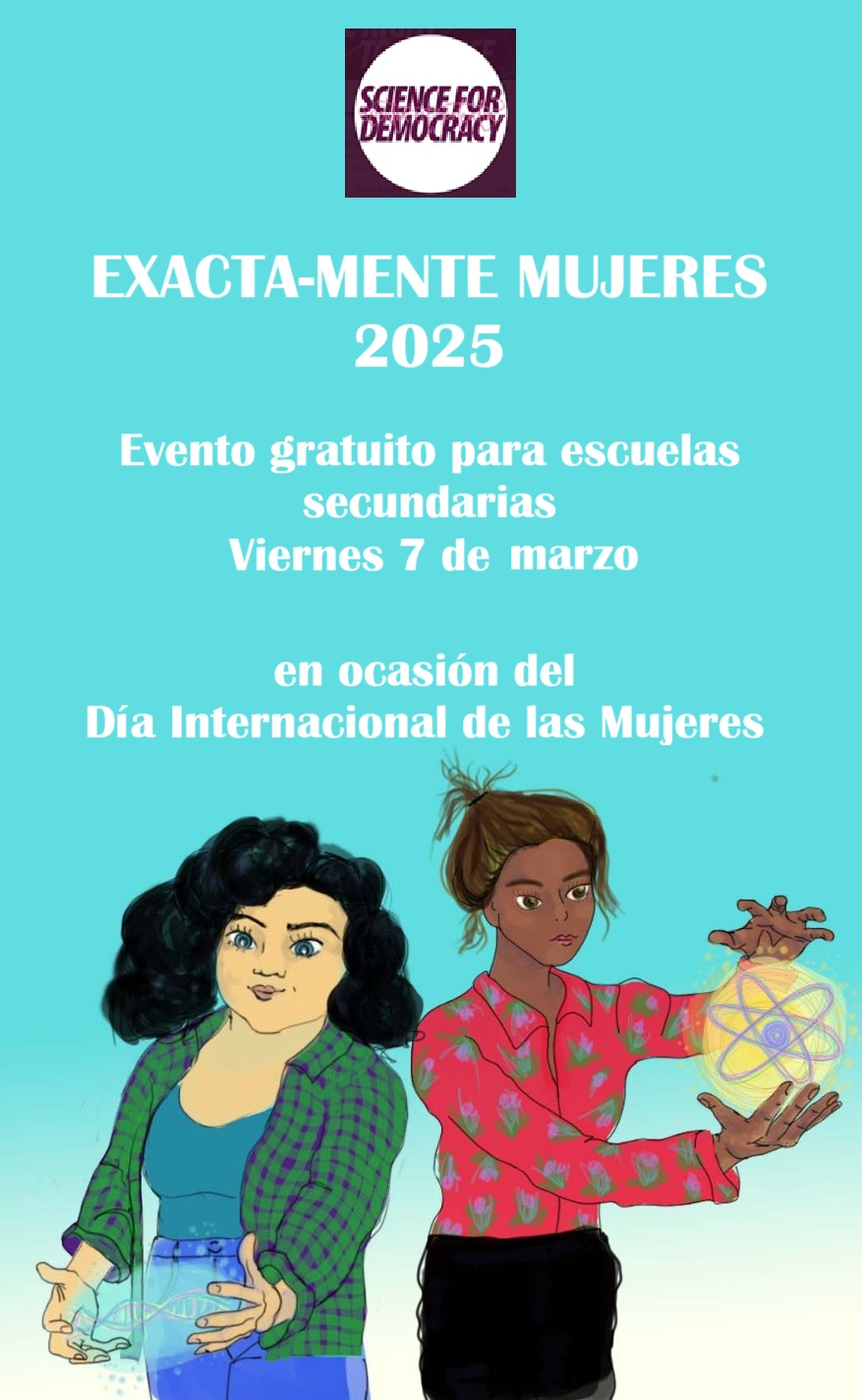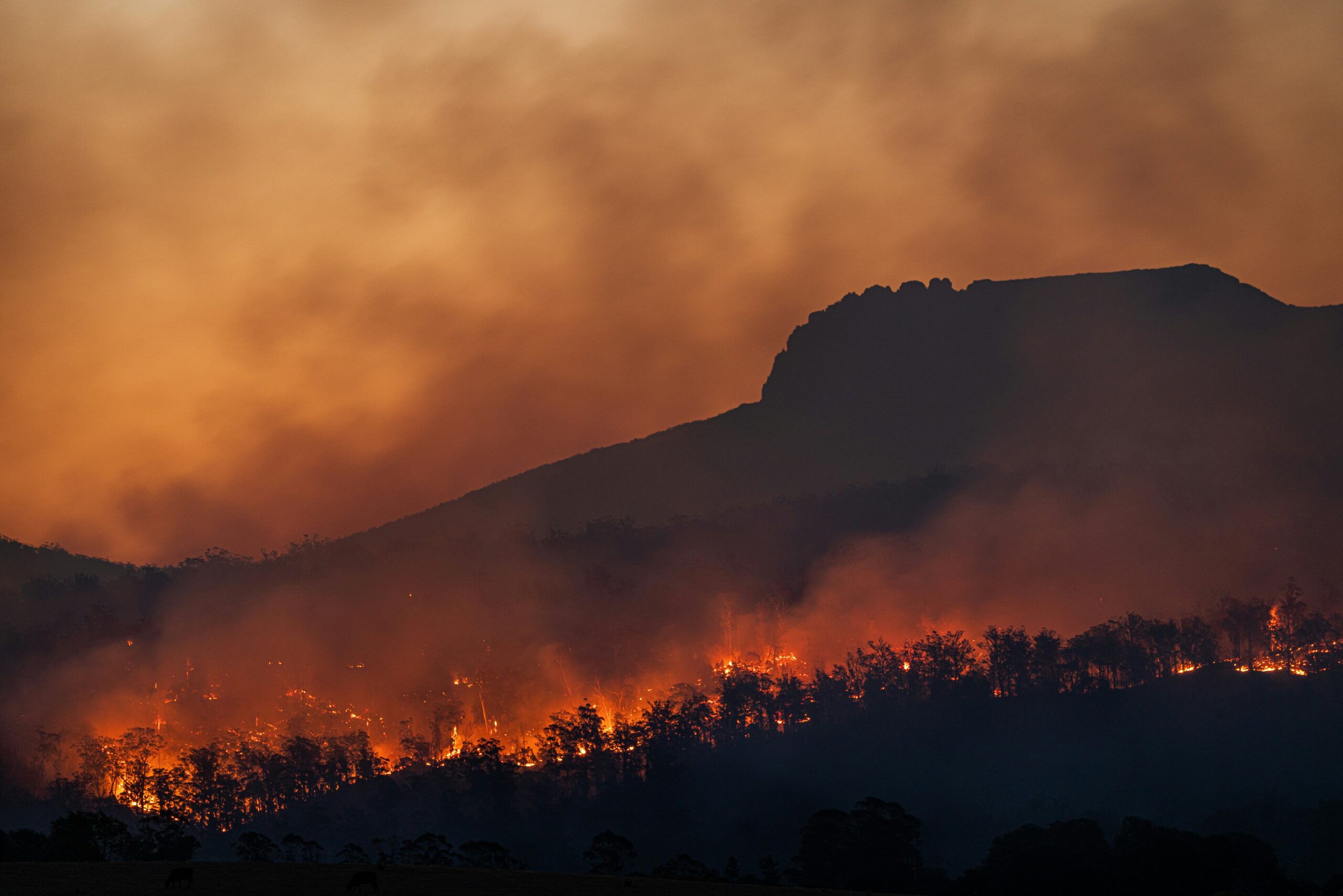
Celebrated every 10 November, World Science Day for Peace and Development highlights the important role of science in society and the need to engage the wider public in debates on emerging scientific issues. Science for Democracy, the Luca Coscioni Association and Eumans promoted “The Human Right to Science. Discuss it. Explore it. Enjoy it” a three-hour webinar with scientists, jurists, decision-makers, experts and human rights activists to underline the importance and relevance of science in our daily lives.
By linking science more closely with society, the activities organized on 10 November aim to ensure that citizens are kept informed of developments in science and to underscore the role scientists play in broadening our understanding of the remarkable, fragile planet we call home and in making our societies more sustainable.
During the webinar Science for Democracy launched the Appeal Enjoy Science – Appeal to the Member States of the United Nations – Read Sign and Share the appeal.
The Human Right to Science
Discuss it. Explore it. Enjoy it.
PROGRAM OF THE DAY
5.00 PM – 5.40 PM CET
Welcoming remarks and launch of the video “Enjoy science”
Introduction: Presentation of the General Comment on Science
- Laura Convertino, Steering Committee, Science for Democracy
- Marco Cappato, Treasurer, Luca Coscioni Association, Co-founder, Science for Democracy
- Mikel Mancisidor, Member, UN Committee on Economic, Social, Cultural Rights (CESCR)
- Keynote Speech
- Richard Roberts, Nobel Laureate in Physiology or Medicine, Chief Scientific Officer, New England Biolabs
5.40 PM – 6.20 PM CET
What to do with the Right to Science
- Andrea Boggio, Professor of Legal Studies, Bryant University, Steering Committee, Science for Democracy
- Jessica Windham, Director of the Scientific Responsibility, Human Rights and Law Program of the American Association for the Advancement of Science (AAAS)
Facilitator: Giulia Perrone, Phd Student, University of Turin, Research and Advocacy Officer, Science for Democracy
6.20 PM – 7.00 PM CET
Science for Inclusion
- Margaret Karembu, Director, ISAAA AfriCenter, chair of the Open Forum on Agricultural Biotechnology (OFAB) Kenya Chapter Programming Committee
- Ghada El Kamah, Professor of Clinical Genetics, Coordinator of the Hereditary Blood Disorders and Genodermatoses Clinics and Research Teams, Human Genetics and Genome Research Division, National Research Centre, Cairo, Egypt
Facilitator: Marco Perduca, Co-founder and Coordinator of Science for Democracy
7.00 PM – 7.35 CET
The institutional and political implications of the right to science
- Neil Datta, General Secretary, European Parliamentary Forum for Sexual and Reproductive Rights
- Hon Dr. Chris Kalila, Chair, Parliamentary Health Committee in the Republic Of Zambia, Member, Global Parliamentary Alliance for Health, Rights and Development (GPA)
- Cesare Romano, Professor of International Law and W. Joseph Ford Fellow, Loyola Law School Los Angeles, Steering Committee, Science for Democracy
Facilitator: Flavia Pansieri, Former UN Deputy High Commissioner for Human Rights
7.35 PM – 8.10 CET
Focus session: Evidence-based debates and decisions
- Claudio Radaelli, Professor of Public Policy, UCL London, Professor of Political Science, School of Transnational Government, EUI, Steering Committee, Science for Democracy
- Thomas Köenig, Senior researcher and head of strategy, Institute for Advanced Studies (IHS) in Vienna
- Katharine Rietig, Senior Lecturer/Associate Professor in International Politics, Newcastle University, UK
- Tracey Brown, Director, Sense about Science
Facilitator: Gaia Taffoni, Research fellow at the School of Transnational Governance, EUI
8.10 PM CET
Concluding Remarks
- Marco Perduca, Co-founder and Coordinator of Science for Democracy


